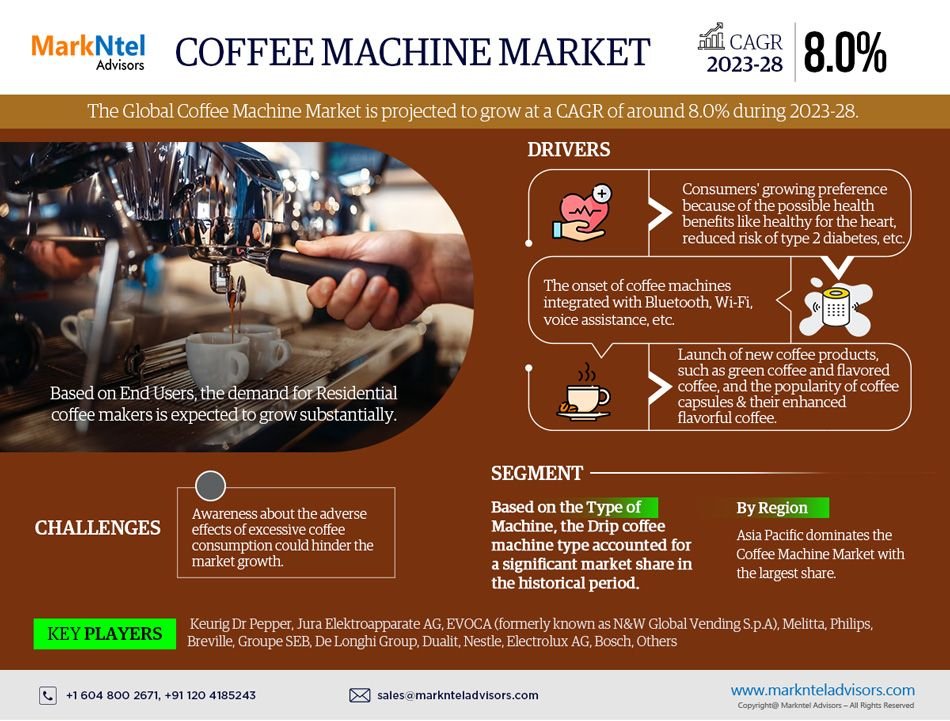
In the realm of home entertainment, the digital TV video recorder (DVR) stands as a revolutionary device that has transformed the way we consume television content. Combining the functionalities of traditional television with modern digital recording technology, DVRs offer unprecedented flexibility and control to viewers. This article delves into the evolution, features, benefits, and impact of digital TV video recorders, illustrating their pivotal role in the contemporary entertainment landscape.
The Genesis of Digital TV Video Recorders
The concept of recording television broadcasts is not new. It dates back to the 1970s with the advent of the video cassette recorder (VCR). These analog devices allowed viewers to record TV shows onto magnetic tapes for later playback. While groundbreaking for its time, VCR technology had significant limitations, including tape wear, limited recording capacity, and the cumbersome nature of tape management.
The digital age heralded a new era for television recording. In the late 1990s and early 2000s, the digital TV video recorder emerged, leveraging digital storage and processing capabilities to overcome the limitations of analog systems. Early pioneers such as TiVo and ReplayTV introduced DVRs that used hard drives instead of tapes, offering users greater storage capacity, better recording quality, and enhanced user interfaces.
Key Features of Digital TV Video Recorders
Modern DVRs come equipped with a host of features that enhance the viewing experience:
1. Time-Shifting
One of the most significant advancements DVRs brought to the table is time-shifting. This feature allows users to pause, rewind, and fast-forward live television broadcasts. Time-shifting grants viewers the flexibility to start watching a program at any point, pause for interruptions, and resume playback without missing any content.
2. Scheduled Recording
DVRs enable users to schedule recordings in advance. This feature is particularly useful for capturing live events or regular TV shows that viewers do not want to miss. Users can set recordings based on program schedules, ensuring they can watch their favorite content at their convenience.
3. Series Recording
Many DVRs offer a series recording option, which automatically records every episode of a chosen TV series. This eliminates the need for manual scheduling and ensures that viewers never miss an episode of their favorite shows.
4. Storage Capacity
Digital TV video recorders come with significant storage capacity, often measured in hundreds of gigabytes or even terabytes. This ample storage allows users to record and store multiple hours of high-definition content without worrying about running out of space.
5. User-Friendly Interface
Modern DVRs feature intuitive user interfaces that simplify the process of managing recordings, navigating through recorded content, and setting up new recordings. Graphical interfaces, search functions, and program guides make the experience seamless and user-friendly.
6. On-Demand Streaming Integration
Many DVRs now integrate with streaming services, allowing users to access a vast library of on-demand content. This integration combines the best of both worlds: live TV recording and on-demand streaming, providing a comprehensive entertainment solution.
The Benefits of Digital TV Video Recorders
The advent of DVRs has brought about numerous benefits that have fundamentally changed the way we watch television:
1. Control and Flexibility
DVRs put control in the hands of viewers, allowing them to dictate when and how they watch TV. The ability to pause, rewind, and fast-forward live broadcasts, coupled with scheduled and series recording features, provides unmatched flexibility.
2. Commercial Skipping
One of the most appreciated features of DVRs is the ability to skip commercials. Viewers can fast-forward through advertisements during playback, making for a more streamlined and enjoyable viewing experience.
3. Enhanced Viewing Experience
The high storage capacity and advanced recording features of DVRs ensure that viewers can watch their favorite content in high definition without worrying about storage constraints. Additionally, the integration of on-demand streaming services expands the range of available content.
4. Convenience
DVRs eliminate the need for physical media like tapes or DVDs, streamlining the recording and playback process. The convenience of managing recordings through a user-friendly interface adds to the overall appeal.
The Impact of Digital TV Video Recorders
The widespread adoption of DVRs has had a profound impact on the television industry, content consumption habits, and viewer behavior.
1. Shift in Viewing Habits
DVRs have contributed to the shift from traditional, scheduled TV viewing to on-demand consumption. Viewers are no longer tied to broadcast schedules and can watch content at their convenience. This shift has influenced the way TV networks and advertisers approach programming and advertising strategies.
2. Rise of Binge-Watching
The ability to record entire series and watch them consecutively has fueled the rise of binge-watching. Viewers can immerse themselves in multiple episodes of a show without waiting for weekly broadcasts, fundamentally changing the way TV series are consumed.
3. Impact on Advertising
Commercial skipping has disrupted traditional advertising models. Advertisers have had to adapt to the changing landscape by exploring alternative methods such as product placements, in-show advertising, and digital marketing to reach audiences effectively.
4. Content Creation and Distribution
DVRs have influenced content creation and distribution strategies. Networks and streaming platforms now consider DVR usage patterns when planning release schedules and promoting content. The integration of DVR features with streaming services has led to a more unified and versatile entertainment ecosystem.
5. Technological Advancements
The evolution of DVR technology has driven advancements in related fields. Improvements in digital storage, processing power, and user interfaces have paved the way for more sophisticated and efficient recording devices. Additionally, the integration of cloud-based storage and remote access features has further enhanced the functionality of DVRs.
Future Trends and Innovations
As technology continues to evolve, the future of digital TV video recorders promises exciting advancements:
1. Cloud-Based DVRs
Cloud-based DVRs are becoming increasingly popular, offering users the ability to store recordings on remote servers rather than local hard drives. This shift provides virtually unlimited storage capacity and the convenience of accessing recordings from any device with an internet connection.
2. AI and Machine Learning
Artificial intelligence and machine learning are poised to revolutionize DVR technology. AI algorithms can analyze viewing habits and preferences to recommend content, automatically schedule recordings, and even optimize storage management by prioritizing frequently watched shows.
3. Integration with Smart Home Systems
Future DVRs are likely to integrate seamlessly with smart home systems, allowing users to control recordings and playback through voice commands and smart assistants. This integration will further enhance the convenience and accessibility of DVR functionality.
4. Enhanced Content Discovery
Advanced search and recommendation algorithms will improve content discovery, helping users find new shows and movies based on their viewing history and preferences. Personalized recommendations will ensure that users always have something interesting to watch.
5. 4K and Beyond
As 4K and even 8K televisions become more prevalent, DVRs will need to support higher resolution recordings. Enhanced storage solutions and improved compression technologies will be essential to accommodate the increased data requirements of ultra-high-definition content.
Conclusion
The digital TV video recorder has come a long way since its inception, evolving from a novel technology into an indispensable part of the modern entertainment ecosystem. By offering unparalleled control, flexibility, and convenience, DVRs have transformed the way we watch television and consume content. As technology continues to advance, the future of DVRs promises even more exciting innovations that will further enhance our viewing experience. Whether through cloud-based storage, AI-driven features, or integration with smart home systems, digital TV video recorders will continue to play a vital role in shaping the future of home entertainment.
RELATED POSTS
View all

